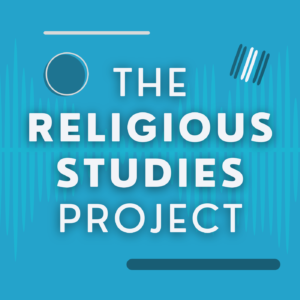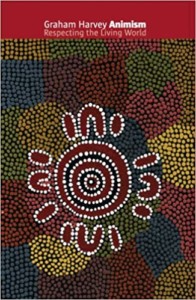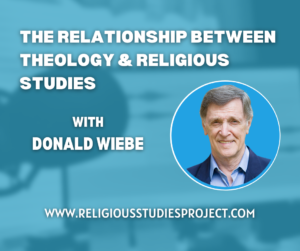The Changing Nature of Religion
<\/h2>
5 March 2012
In the 1960s, most sociologists consciously or unconsciously bought into idea of the 'death of god' - religion became effectively invisible to academia. Throughout the 1980s and 90s, a number of events - most notably the 'Satanic Verses' controversy - dramatically increased the 'visibility' of religion: it became a political problem. Now, in the 21st century, ...
Podcast: Play in new window | Download | Embed
Subscribe: RSS
Featuring
Christopher R. Cotter

Grace Davie

Youth, Sexuality and Religion
<\/h2>
27 February 2012
The Religion, Youth and Sexuality: A Multi-faith Exploration project, based at the University of Nottingham, looked at 18 to 25 year-olds from a variety of faith backgrounds in order to understand attitudes and practices around sexuality and how this was negotiated in relation to religious traditions. Dr Sarah-Jane Page, one of the research fellows, ...
Podcast: Play in new window | Download | Embed
Subscribe: RSS
Featuring
Christopher R. Cotter

Sarah-Jane Page

The Insider/Outsider Problem
<\/h2>
20 February 2012
The Insider/Outsider problem, relating to where scholars position themselves relating to the subject matter (whatever that may be), is one of the most perennial problems in the academic study of religion. Does one have to be a member of a community for your testimony about that community to be valid? Or does your membership of the community invalidate your objectivity?
Podcast: Play in new window | Download | Embed
Subscribe: RSS
Featuring
Christopher R. Cotter

George Chryssides

Animism
<\/h2>
13 February 2012
Animism is often taken as referring to worldviews in which spirits are to be found not only in humans, but potentially in animals, in plants, in mountains and even natural forces like the wind. It was of central importance in early anthropological conceptions of religion, most notably in the work of E. B. Tylor.
Podcast: Play in new window | Download | Embed
Subscribe: RSS
Featuring
David G. Robertson

Graham Harvey

The Relationship between Theology and Religious Studies
<\/h2>
6 February 2012
It is generally accepted - at least as far as most academics are concerned - that there is a distinct difference between religious studies and theology. As you shall see from this interview, however, things are much more complicated, and Professor Wiebe is particularly qualified to present his own take on the relationship between these two distinct disciplines.
Podcast: Play in new window | Download | Embed
Subscribe: RSS
Featuring
Christopher R. Cotter

Donald Wiebe
